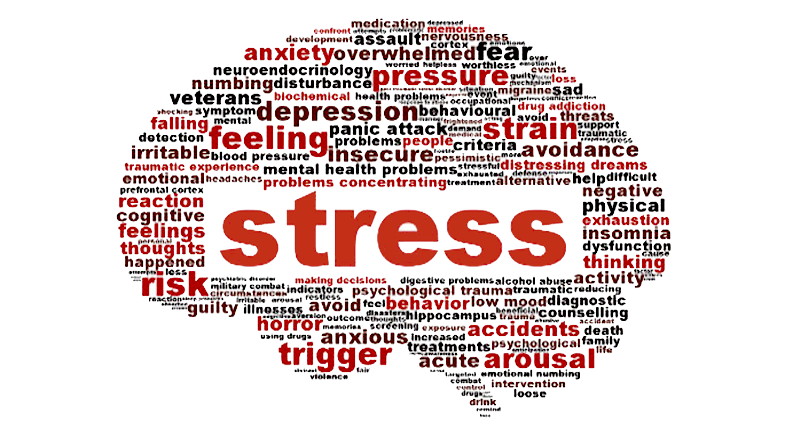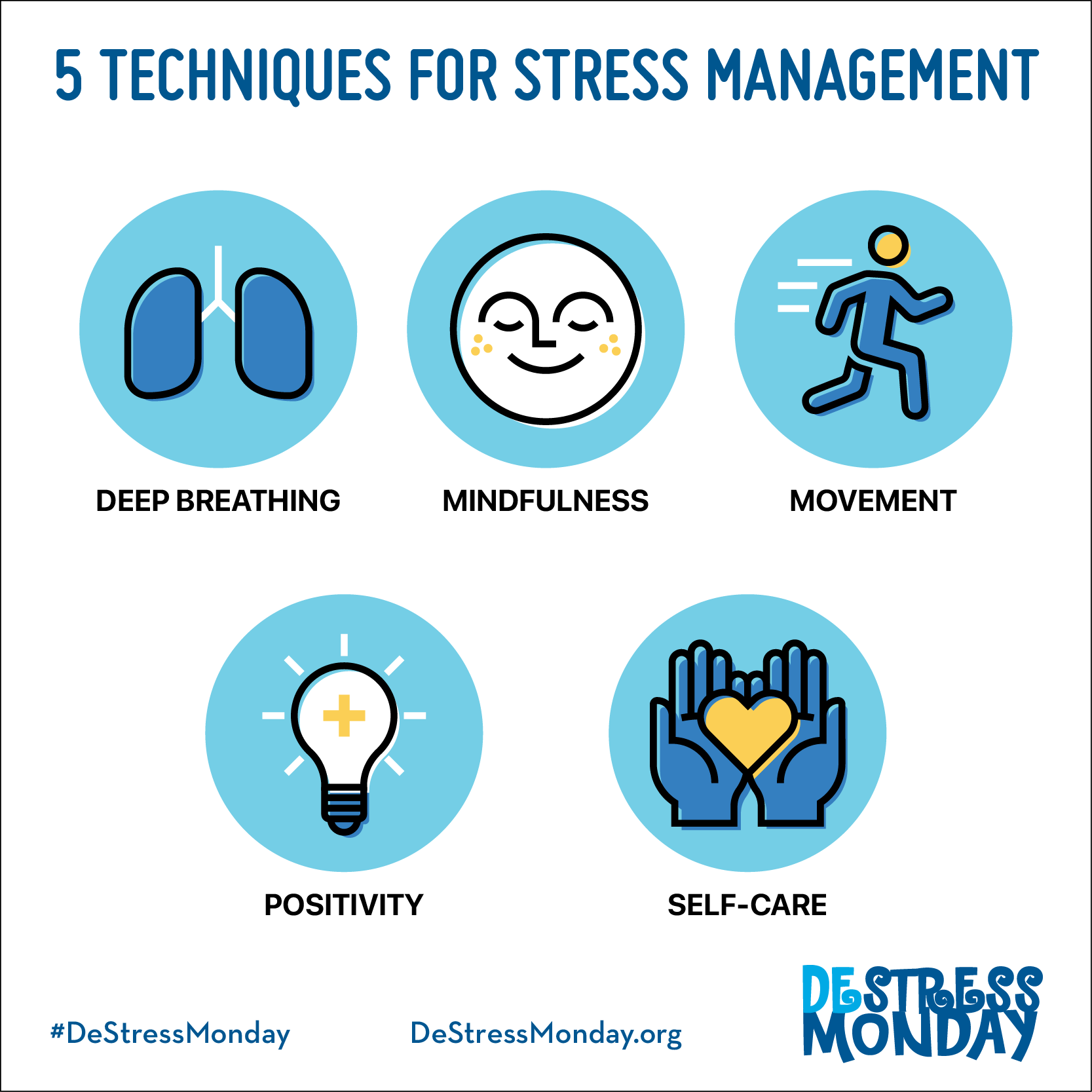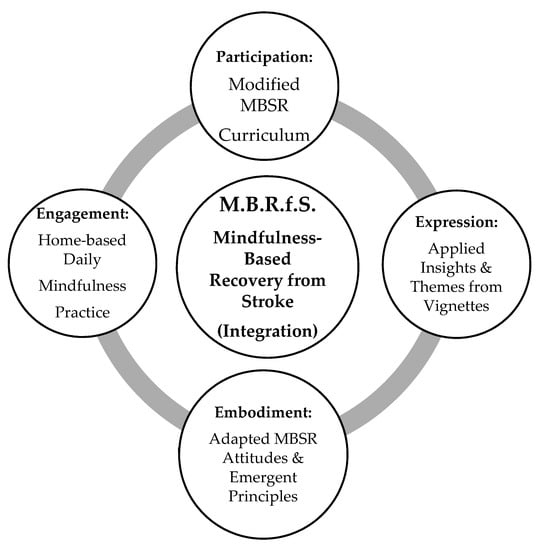"The Power of Mindfulness: Techniques for Stress Reduction and Improved Well-being"
What is Mindfulness? Exploring the Power of Being Present
Mindfulness is all about being fully present in the moment, without judgment. It's about intentionally focusing your attention on what's happening right now, rather than getting caught up in thoughts about the past or worries about the future. Think of it as a mental skill that you can develop through practice, like flexing a muscle.
When you practice mindfulness, you train your mind to pay attention to the present moment. This means noticing your thoughts, emotions, physical sensations, and the world around you without getting carried away by them. It's about accepting and observing these experiences with kindness and curiosity, rather than judging them as good or bad.
Mindfulness has its roots in ancient traditions, but it has also found its place in modern psychology and wellness practices. By intentionally directing your focus to something specific, like your breath or the sensations in your body, you can develop a greater awareness of your inner and outer experiences.
The goal of mindfulness isn't to make your thoughts or emotions disappear, but rather to cultivate a non-reactive mindset. By observing your thoughts and emotions without getting caught up in them, you can gain a deeper understanding of yourself and develop a more compassionate attitude towards yourself and others.
Practicing mindfulness has been shown to have many benefits, including reducing stress, anxiety, and depression, and improving overall well-being. It's been studied extensively and has shown positive effects on mental health, cognitive abilities, and even physical health.
In the following sections, we'll explore the benefits of mindfulness for stress reduction and dive into specific mindfulness techniques that you can easily practice improving your well-being and minimize the impact of stress in your life.
Why Mindfulness is Important for Stress Management and Well-being
Mindfulness is incredibly valuable when it comes to managing stress and promoting overall well-being. Let's break it down in simple terms:
When we feel stressed, our minds can become overwhelmed with worries, thoughts, and emotions. This can lead to feeling even more stressed and anxious. However, practicing mindfulness can help us take a step back and find some calm amidst the chaos.
By being mindful, we learn to pay attention to the present moment and accept it without judgment. This means we focus on what's happening right now, rather than worrying about the past or the future. This shift in focus allows us to let go of stress-inducing thoughts and bring our attention to the here and now.
Mindfulness helps us become more aware of our thoughts, emotions, and physical sensations. This self-awareness enables us to recognize when stress is building up and take steps to manage it effectively. Instead of getting carried away by stress, we can respond to it in a healthier way.
When we practice mindfulness regularly, we develop a greater sense of calm and resilience. We become better equipped to handle life's challenges without feeling overwhelmed. Mindfulness also helps us cultivate a more positive outlook, fostering feelings of gratitude and contentment.
Not only does mindfulness benefit our mental well-being, but it also has positive effects on our physical health. It can reduce symptoms of stress-related conditions, such as high blood pressure and insomnia. By managing stress, mindfulness contributes to our overall well-being and quality of life.
Understanding Stress and Its Impact
A. What is Stress and How Does It Affect Us?
Stress is a natural response our bodies have when we encounter challenging or demanding situations. It's like our body's alarm system, preparing us to deal with threats. When we feel stressed, our bodies release hormones that increase our heart rate, make us breathe faster, and sharpen our senses.
B. How Common are Stress-related Disorders and Mental Health Issues?
For example, anxiety disorders, which often involve chronic stress and worry, affect millions of people globally. Depression, another common mental health issue, can also be linked to stress. It's estimated that a significant portion of the population will experience depression at some point in their lives.
These numbers highlight the importance of understanding stress and its impact on our well-being. By recognizing the signs of stress and seeking appropriate support, we can take steps to manage stress effectively and prioritize our mental and emotional health.
Benefits of Mindfulness for Stress Reduction
A. How Mindfulness Helps Manage Stress
Practicing mindfulness has many benefits when it comes to reducing stress. Let's break it down in simple terms:
Research shows that mindfulness can help us better manage stress. When we practice mindfulness, we learn to focus our attention on the present moment. This helps us let go of worries about the past or the future, which are common sources of stress. By staying in the present, we can reduce the overwhelming thoughts that cause stress.
B. How Mindfulness Improves Emotional Regulation and Resilience
Mindfulness also helps us regulate our emotions and build resilience. When we're mindful, we become aware of our emotions without judgment. This means we can observe our feelings without getting carried away by them. By being aware of our emotions, we can respond to them in a healthier and more balanced way, rather than reacting impulsively.
C. How Mindfulness Enhances Cognitive Functioning and Focus
Practicing mindfulness has positive effects on our thinking abilities. It helps us sharpen our focus and improve our concentration. When we're mindful, we train our minds to stay present and pay attention to what we're doing. This can be especially helpful when we're feeling overwhelmed or distracted by stress. Mindfulness helps us bring our attention back to the task at hand and stay focused.
D. How Mindfulness Boosts Overall Well-being and Life Satisfaction
In summary, mindfulness offers several benefits for stress reduction. It helps us manage stress by staying present and reducing overwhelming thoughts. Mindfulness also improves emotional regulation, enhances cognitive functioning and focus, and boosts overall well-being and life satisfaction. By incorporating mindfulness into our lives, we can experience greater peace and resilience in the face of stress.
Mindfulness Techniques for Stress Reduction
A. Mindful Breathing: Calming the Mind and Body with Deep Breathing
One effective mindfulness technique for reducing stress is mindful breathing. It involves taking slow, deep breaths and focusing your attention on the sensation of your breath entering and leaving your body. This simple practice helps calm your mind and relax your body, promoting a sense of tranquility and reducing stress.
B. Body Scan Meditation: Cultivating Body Awareness and Releasing Tension
Body scan meditation is a guided practice that helps you cultivate awareness of different parts of your body. You start by focusing your attention on one area and gradually move your attention throughout your entire body. This practice helps you become more attuned to any physical sensations, areas of tension, or discomfort. By recognizing these sensations, you can intentionally release tension and promote relaxation, which aids in reducing stress.
C. Mindful Walking: Alleviating Stress through Mindful Movement
Mindful walking involves engaging in walking with awareness and intention. While walking, you bring your attention to the physical sensations of each step, the movement of your body, and the environment around you. By immersing yourself in the present moment during your walk, you can release stress and experience a sense of calmness and connection to your surroundings.
D. Loving-Kindness Meditation: Cultivating Compassion and Positive Emotions
Loving-kindness meditation involves directing kind and compassionate thoughts towards yourself and others. You begin by generating feelings of love and kindness towards yourself, then extend those feelings to loved ones, acquaintances, and even difficult individuals. This practice helps foster positive emotions, reduce stress, and cultivate empathy and understanding.
E. Mindful Eating: Cultivating a Healthy Relationship with Food
Mindful eating involves paying full attention to the experience of eating. It involves savoring each bite, noticing the flavors, textures, and smells, and being aware of your body's hunger and fullness cues. By eating mindfully, you develop a healthier relationship with food, reduce stress-related emotional eating, and increase enjoyment and satisfaction from your meals.
These mindfulness techniques offer practical and accessible ways to reduce stress. By incorporating mindful breathing, body scan meditation, mindful walking, loving-kindness meditation, and mindful eating into your routine, you can cultivate a greater sense of calm, relaxation, and overall well-being.
Mindfulness Resources and Further Exploration
A. Books, Apps, and Online Resources for Learning Mindfulness
If you're interested in learning more about mindfulness and exploring it further, there are various resources available to help you. Here are some options:
Books: There are many books written by experts in mindfulness that can guide you through the practice. Look for titles like "The Miracle of Mindfulness" by Thich Nhat Hanh or "Wherever You Go, There You Are" by Jon Kabat-Zinn.
Mindfulness Apps: There are smartphone apps specifically designed to support mindfulness practice. Some popular ones include Headspace, Calm, and Insight Timer. These apps offer guided meditations, breathing exercises, and other helpful tools.
Online Resources: Numerous websites and online platforms provide articles, videos, and guided meditations for mindfulness practice. Websites like Mindful.org and Greater Good Science Center offer valuable resources and insights.
B. Mindfulness Courses and Workshops for Deeper Immersion
For a deeper immersion into mindfulness, you may consider enrolling in a mindfulness course or workshop. These programs provide structured guidance and opportunities to practice mindfulness under the guidance of experienced teachers. Some options to explore include:
Local Community Centers: Check if community centers or wellness organizations in your area offer mindfulness courses or workshops. These can be a great way to learn and practice mindfulness in a supportive group setting.
Mindfulness-Based Stress Reduction (MBSR): MBSR is a widely recognized program that teaches mindfulness for stress reduction. It's typically an 8-week course that combines meditation, body awareness, and mindful movement.
Retreats and Workshops: Retreats offer an immersive experience in mindfulness practice. They provide an opportunity to disconnect from everyday life and dedicate focused time to deepen your understanding and practice of mindfulness. Look for retreats or workshops offered by reputable mindfulness organizations or meditation centers.
These resources and exploration options can help you continue your
mindfulness journey and dive deeper into the practice. Remember, mindfulness is
a skill that develops with practice, so be patient and open-minded as you
explore these resources and find what resonates with you.
Conclusion
A. Recap of the Benefits and Techniques of Mindfulness
Throughout this article, we've explored the power of mindfulness for stress reduction and improved well-being. Here's a quick recap of what we've discussed:
B. Encouragement to Embark on a Mindfulness Journey
Remember, mindfulness is a skill that develops over time with consistent practice. Be patient and kind to yourself as you navigate this journey. By embracing mindfulness, you can reduce stress, improve your emotional well-being, and cultivate a greater sense of peace and balance in your life.
So, take a deep breath, start your mindfulness journey today, and discover the transformative power of mindfulness for stress reduction and improved well-being.



:max_bytes(150000):strip_icc()/Mind-body-Map-illustration-9-2000-e0eda542dd0e4358a1bcef0fac1dd17c.jpg)


:max_bytes(150000):strip_icc()/GettyImages-1194155288-63c50e4a917848bd863083e014df757c.jpg)
Comments
Post a Comment